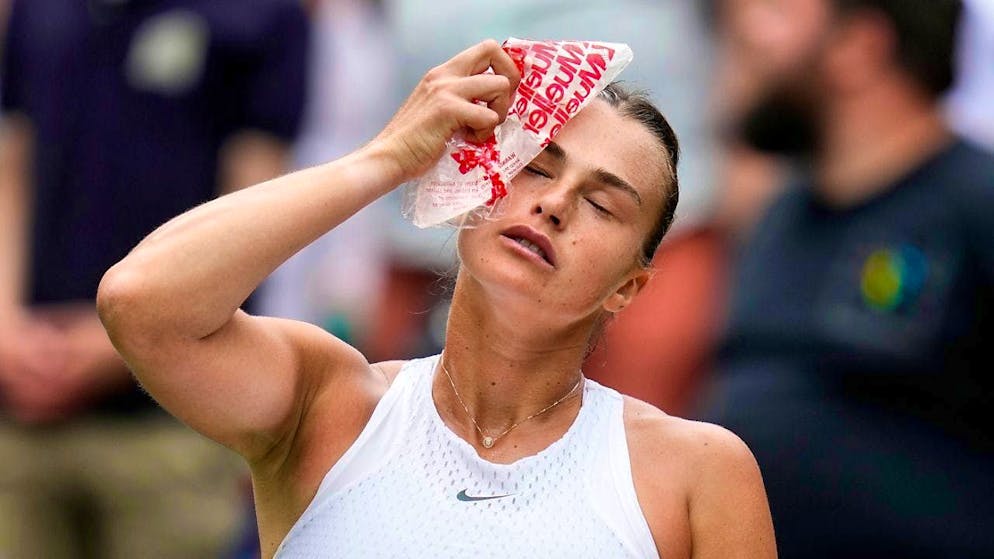The Life Cycle In Action: Educational Opportunities With Campus Farm Animals

Table of Contents
Experiential Learning through Animal Husbandry
Campus farm animals provide unparalleled opportunities for experiential learning in animal husbandry. Students gain practical skills and knowledge through direct interaction and care, fostering a deep understanding of responsible animal care.
Hands-on Care and Responsibility
Caring for campus farm animals offers a wealth of practical skills. Students learn the intricacies of animal husbandry through daily routines and hands-on tasks. This includes:
- Feeding schedules: Learning to prepare and administer appropriate feed rations according to the animal's age, breed, and dietary needs.
- Health monitoring: Regularly observing animals for signs of illness or injury, learning to identify symptoms and report them to veterinary staff.
- Cleaning protocols: Maintaining clean and sanitary animal enclosures to prevent disease and promote animal welfare. This involves understanding hygiene standards and appropriate cleaning techniques.
- Record-keeping: Maintaining detailed records of feeding, health, and behavioral observations, developing valuable data analysis and organizational skills.
These practical skills contribute significantly to students’ understanding of responsible animal care and build a solid foundation in animal husbandry.
Observing the Life Cycle
Campus farm animals offer a unique opportunity to witness the complete life cycle of various species, from birth to death. This firsthand observation significantly enhances understanding of biological processes. Students can observe:
- Hatching chicks: Witnessing the emergence of chicks from eggs provides a powerful lesson in embryonic development and the miracle of life.
- Birthing lambs: Observing the birthing process provides valuable insights into mammalian reproduction and neonatal care.
- Raising piglets: Following the growth and development of piglets from birth to weaning highlights the crucial role of maternal care and nutrition.
- Lifecycle stages of different species: Observing the various stages of life in different animals—from infancy to adulthood and eventual senescence—provides a comprehensive understanding of the life cycle.
This direct observation of the life cycle in different species is a powerful learning experience not easily replicated in a traditional classroom.
Curriculum Integration and Interdisciplinary Learning
The presence of campus farm animals significantly enhances the curriculum across multiple disciplines, promoting interdisciplinary learning and enriching the educational experience.
Science Curriculum Enhancement
Campus farm animals offer a dynamic context for integrating science into the curriculum. They provide opportunities for:
- Dissection: Studying animal anatomy through dissection provides a deeper understanding of biological systems and processes.
- Anatomy studies: Observing live animals allows for the study of animal behavior and physiology in a natural setting.
- Plant-animal interactions: Exploring the relationships between animals and plants within the farm ecosystem enhances ecological understanding.
- Sustainable agriculture practices: Learning about responsible farming techniques and sustainable agricultural methods strengthens environmental awareness.
This hands-on, immersive approach to science education significantly enhances comprehension and retention.
Connecting to Other Disciplines
The presence of campus farm animals extends beyond science, fostering connections to various disciplines, including:
- Creative writing prompts: Animals inspire creative writing, developing descriptive skills and imaginative storytelling.
- Animal-themed art projects: Students can explore artistic expression through various mediums, inspired by the animals on campus.
- Exploring local farming history and practices: Farm animals provide a link to the history and cultural significance of local farming traditions.
This interdisciplinary approach fosters critical thinking and creativity, enhancing the overall learning experience.
Promoting Empathy, Responsibility, and Respect for Animals
Campus farm animals play a vital role in fostering empathy, responsibility, and respect for animals, shaping students into responsible and compassionate citizens.
Developing Compassion and Understanding
Direct interaction with campus farm animals cultivates:
- Interaction with animals: Handling and caring for animals fosters a deeper understanding of their needs and behaviors.
- Understanding animal behavior: Observing animal interactions and social dynamics enhances empathy and compassion.
- Recognizing animal needs: Students learn to identify and respond to the physical and emotional needs of animals, building a sense of responsibility.
This nurturing environment encourages ethical treatment of animals and promotes animal welfare.
Building Character and Life Skills
Caring for campus farm animals develops valuable life skills, including:
- Teamwork in animal care: Working collaboratively to care for animals teaches cooperation and communication skills.
- Problem-solving in animal health issues: Addressing animal health challenges develops problem-solving and critical thinking skills.
- Time management skills: Maintaining consistent animal care routines fosters responsibility and time management skills.
These experiences contribute to the development of well-rounded individuals, prepared for future challenges.
Conclusion
Campus farm animals offer a transformative approach to education, providing invaluable experiential learning opportunities, enriching the curriculum across multiple disciplines, and fostering empathy, responsibility, and respect for animals. These programs equip students with practical skills, enhance their understanding of the life cycle, and cultivate valuable character traits.
Discover the transformative power of campus farm animals and explore the diverse educational opportunities they offer. Contact your local university or educational institution to learn more about their animal programs or advocate for the introduction of enriching campus farm animal initiatives in your area. Embrace the life cycle learning potential of campus farm animals and help shape a brighter future for both students and animals alike.

Featured Posts
-
 Poy Na Deite Zontana Ta Paixnidia Tis Serie A
May 13, 2025
Poy Na Deite Zontana Ta Paixnidia Tis Serie A
May 13, 2025 -
 Exploring Bar Roma A Blog To Review Of The Toronto Hot Spot
May 13, 2025
Exploring Bar Roma A Blog To Review Of The Toronto Hot Spot
May 13, 2025 -
 Potret Pilu Ribuan Pekerja Indonesia Terperangkap Penipuan Online Internasional Di Myanmar
May 13, 2025
Potret Pilu Ribuan Pekerja Indonesia Terperangkap Penipuan Online Internasional Di Myanmar
May 13, 2025 -
 Tasman Council Keep Key Road Open A Truckies Realistic Plea
May 13, 2025
Tasman Council Keep Key Road Open A Truckies Realistic Plea
May 13, 2025 -
 Mlb 2 1 6
May 13, 2025
Mlb 2 1 6
May 13, 2025
Latest Posts
-
 Photographic Evidence Sabalenka Challenges Umpire Decision In Stuttgart Victory
May 13, 2025
Photographic Evidence Sabalenka Challenges Umpire Decision In Stuttgart Victory
May 13, 2025 -
 Stuttgart Open Ostapenko Defeats Swiatek Secures Semifinal Spot
May 13, 2025
Stuttgart Open Ostapenko Defeats Swiatek Secures Semifinal Spot
May 13, 2025 -
 Porsche Grand Prix Final Sabalenka To Face Ostapenko After Paolini Win
May 13, 2025
Porsche Grand Prix Final Sabalenka To Face Ostapenko After Paolini Win
May 13, 2025 -
 Jelena Ostapenkos Surprise Stuttgart Open Win Against Aryna Sabalenka
May 13, 2025
Jelena Ostapenkos Surprise Stuttgart Open Win Against Aryna Sabalenka
May 13, 2025 -
 Aryna Sabalenka Disputes Umpire Call With Photo Of Ball Mark In Stuttgart
May 13, 2025
Aryna Sabalenka Disputes Umpire Call With Photo Of Ball Mark In Stuttgart
May 13, 2025
